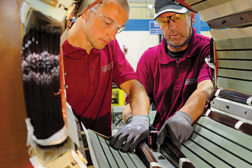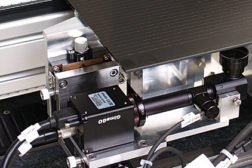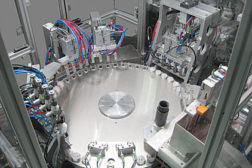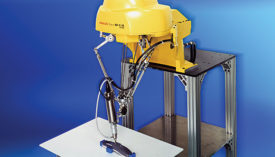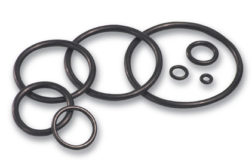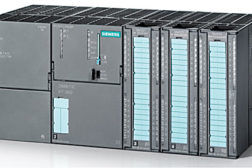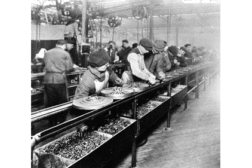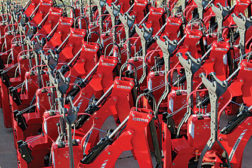Automated Assembly Systems
Baldor benefits from investing in U.S. assembly operations.
Read More
Choosing a Vision Interface Standard
Recently introduced USB3 Vision joins several other established standards, all of which increase component selection, simplify setup and expand the market for vision systems.
April 1, 2013
Indexing Dial Fills, Assembles Beverage Caps
Before snapping the parts together, the system dispenses liquid or powdered ingredients into the assembly.
April 1, 2013
Automated Epoxy Plant Has More Flexibility
Established in 2002, Polystar LLC produces a full line of chemicals for epoxies used in assembly applications
March 1, 2013
Ford and Toyota Celebrate Historic Milestones
Ford Motor Co. and Toyota Motor Corp., the two companies that pioneered mass production and lean manufacturing, are each celebrating important milestones this year.
March 1, 2013
Solve the Demand-Driven Supply Chain Problem
Electronic kanban systems can help manufacturers avoid the bullwhip effect.
March 1, 2013
Never miss the latest news and trends driving the manufacturing industry
Stay in the know on the latest assembly trends.
JOIN TODAY!Copyright ©2025. All Rights Reserved BNP Media.
Design, CMS, Hosting & Web Development :: ePublishing
